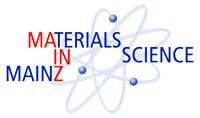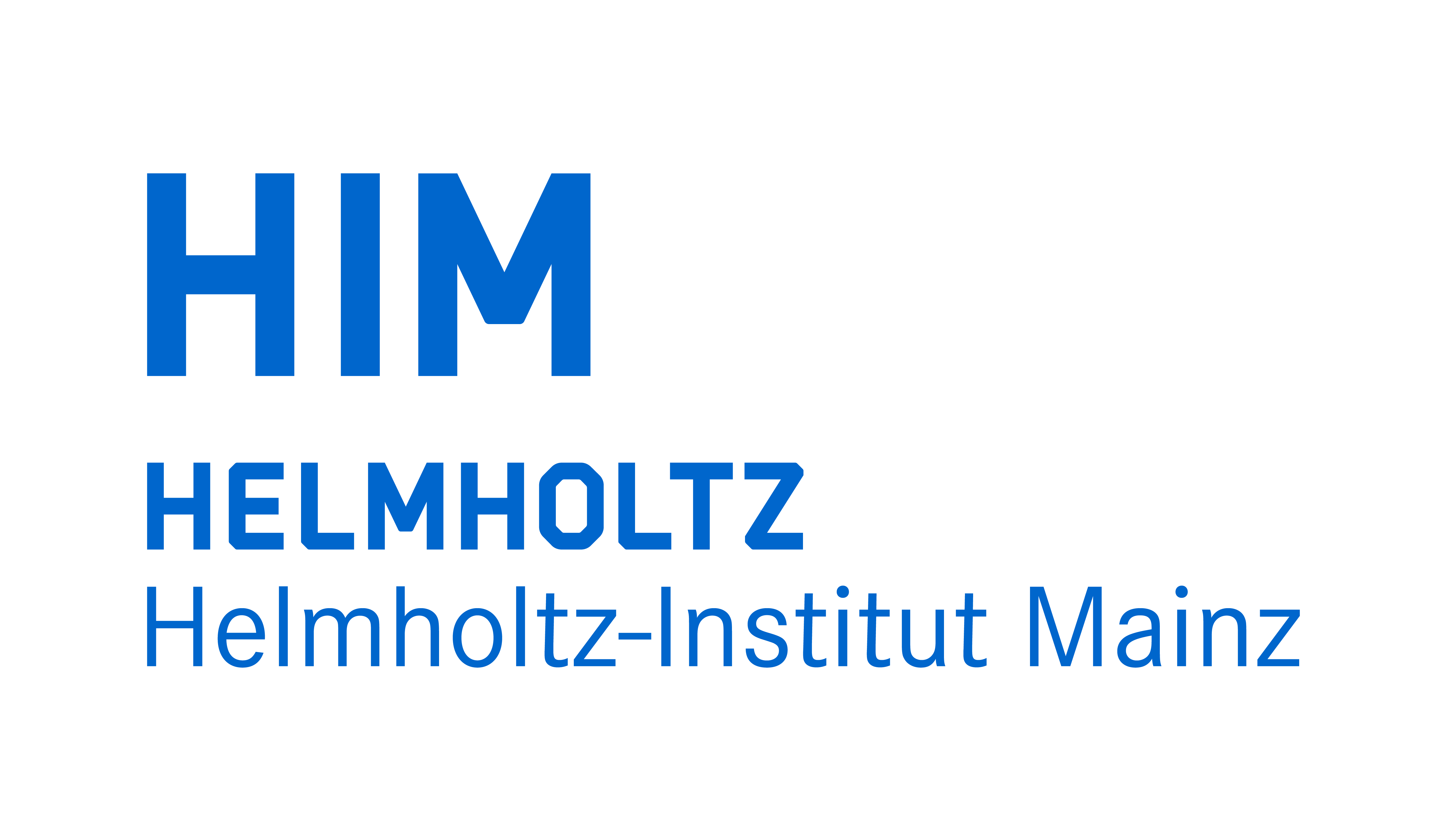


Physikalisches Kolloquium
April 29, 2014 at
4 p.m. c.t.
in
Hörsaal des Instituts für Kernphysik, Becherweg 45
Prof. Dr. Friederike Schmid
Institut für Physik
friederike.schmid@uni-mainz.de
Prof. Dr. Hartmut Wittig
Institut für Kernphysik
hartmut.wittig@uni-mainz.de
Note: Abschiedskolloquium für Prof. Dr. H.-G. Sander
Where are the WIMPs? Status of Searches for Dark Matter
Prof. Dr. Uwe Oberlack (Institut für Physik, Universität Mainz)
The nature of Dark Matter remains one of the great puzzles of physics today. Five times more abundant than regular matter, it is the prime driver of structure formation in the universe and believed to be responsible for the early appearance of galaxies and stars in the first 500 million years after the Big Bang. While apparent as a gravitational phenomenon at scales from single galaxies to the observable universe, with various constraints on its nature, remarkably the Standard Model of Particle Physics does not provide a candidate particle to account for this mass. This makes the phenomenon of Dark Matter to a prime target in the search for new physics. However, the identification of these particles has remained elusive so far. New approaches in direct searches for Dark Matter have led to remarkable improvements in sensitivity over the last decade. This talk will review the current status and future perspectives in this search.